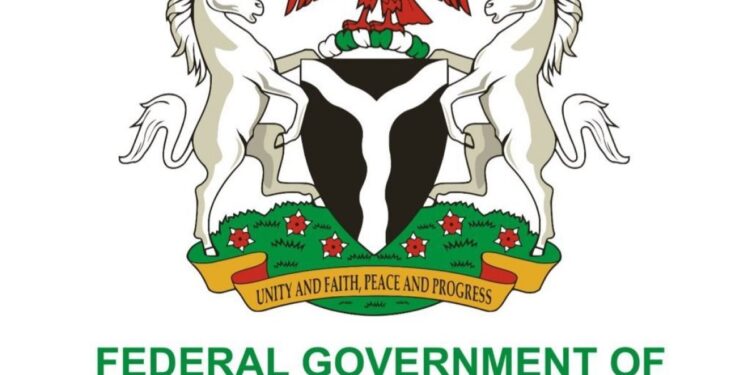The Federal Government of Nigeria has released a total of N1.23 trillion to 17 ministries for the execution of capital projects aimed at advancing development and infrastructure, according to findings by The PUNCH as of September 30, 2023. This release was detailed in the Budget Implementation Report for the third quarter of 2023, published by the Budget Office on Sunday.
Capital projects, in budgetary terms, typically involve significant investments in physical infrastructure or assets intended to provide long-term benefits. Such projects include the construction, acquisition, or renovation of tangible assets like buildings, roads, bridges, dams, schools, and hospitals.
The analysis revealed that the amount disbursed was 75.4% lower than the N5 trillion allocated for capital expenditure in the 2023 budget, resulting in a significant shortfall of N3.8 trillion.
Despite the N1.23 trillion released, only N962.87 billion was utilized by the ministries. The report indicated that fund releases to Ministries, Departments, and Agencies (MDAs) were made in tranches based on resource availability and government priorities. Specifically, N351 billion was released as the first tranche, N331.92 billion as the second, and N208 billion as the third. Additionally, N75.35 billion was released as MDAs’ budget and N261 billion as service-wide allocations.
The report from the Office of the Accountant General of the Federation included 52 MDAs, showing varying levels of fund utilization. It noted that 42 MDAs (80.77%) utilized more than the average rate of 52.44%, with 35 MDAs achieving a utilization rate above 65%. Conversely, 10 MDAs (18.18%) had below 40% utilization, with five of them under 20% and three yet to use any funds.
The Ministries of Defence, Works, and Agriculture received the highest capital allocations of N189.39 billion, N178.62 billion, and N128.24 billion, respectively. Conversely, the Office of the National Security Adviser, Ministry of Environment, and Ministry of Women Affairs received the lowest allocations of N3.93 billion, N3.73 billion, and N5.37 billion, respectively.
Further breakdowns showed the Ministry of Defence used N180.69 billion out of N189.39 billion allocated, leaving N9.3 billion unused. The Ministry of Works and Housing utilized N118.65 billion of N178.62 billion, leaving N57.97 billion. The Agriculture Ministry utilized N109.89 billion out of N128.24 billion, leaving N18.35 billion.
Other notable expenditures included:
– Ministry of Water Resources: N21.81 billion out of N28.27 billion.
– Ministry of Education: N31.35 billion out of N54.03 billion.
– Ministry of Health: N34.82 billion out of N55.77 billion.
– Ministry of Aviation: N5.94 billion out of N20.44 billion.
– Ministry of Science, Innovation, and Technology: N12.76 billion out of N44.08 billion.
– Ministry of Transport: N43.39 billion out of N56.55 billion.
– Ministry of Humanitarian Affairs and Disaster Management: N37.13 billion out of N53.4 billion.
– Office of the Secretary to the Government of the Federation: N14.04 billion out of N17.37 billion.
– Police Affairs Ministry: N27.42 billion out of N29.79 billion.
– Ministry of Labour and Productivity: N6.06 billion out of N8.87 billion.
– Ministry of Interior: N15.66 billion out of N16.81 billion.
In June, the National Assembly approved an extension of the 2023 budget and the supplementary appropriation, moving the deadline to December 31, 2024. This extension aims to ensure that capital projects are not abandoned.
Despite criticism from opposition parties about running multiple budgets concurrently, Presidential Spokesman Bayo Onanuga defended the extension, stating it was necessary to implement uncompleted projects from the 2023 budget.
Additionally, the budget office expressed concern over the prevalence of constituency projects, which often do not align with the MDAs’ mandates. The report emphasized the need to prioritize capital projects that align with MDAs’ core functions during budget preparation and implementation.









